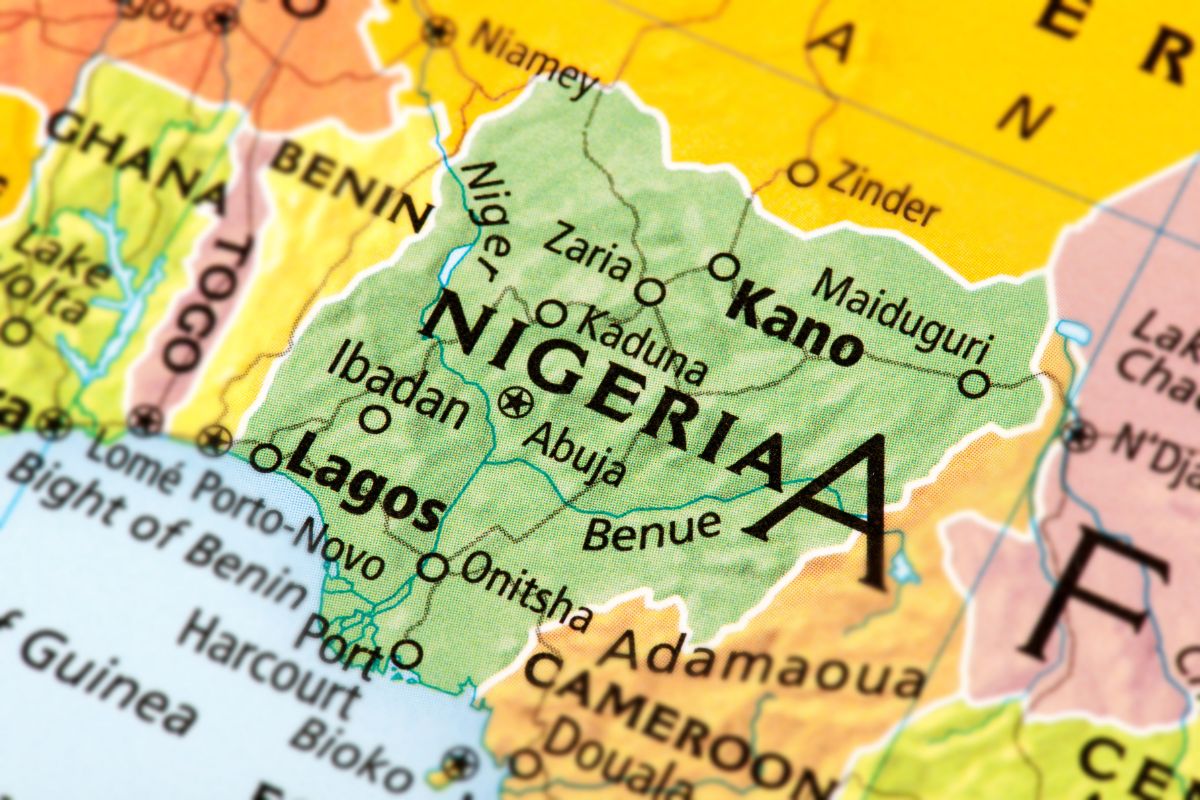Thanks to its diversity in peoples and cultures, Nigeria is a country of many firsts and wins on the world stage in energy, literature, individual wealth, and agriculture.
Since that makes your mind wander in seconds, let’s take you on a quick journey to discover some amazing fun facts about Nigeria and why you should add it to your bucket list of the top African countries to visit.
1. Nigeria Is The World’s Seventh Most Populous Country
At 218,807,378 people as estimated by the United Nations in 2022, Nigeria’s population is the largest in Africa and now the sixth largest in the world.
The sixth position is one spot up from the country’s rank as the seventh most populous country in the world, given its steady population growth since the 1960s.
The Census Bureau of the United States estimates that in 2047, Nigeria’s population will surpass that of the US to become the world’s third most populous country at 379.25 million people!
2. Lagos Isn’t The Capital Of Nigeria Anymore
Despite being the most populous city in Nigeria, with an estimated population of 15 million people in 2022, Lagos isn’t the capital city of Nigeria.
Abuja became Nigeria’s new capital city on 12th December 1991, a position previously held by Lagos, the country’s largest city and chief port.
3. Nigerians Speak Over 500 Indigenous Languages
As with most highly populated countries, hundreds of indigenous languages are spoken in Nigeria. The country’s official language is English.
The West African country is home to 7% of all the languages spoken on Earth, with the state of Taraba alone exceeding the languages used in over 30 countries in the African continent.
Nigeria’s diverse ethnic groups speak over 500 indigenous languages, the most prevalent being Hausa, Kanuri, Yoruba, Fulfude, Tiv, and Ibibio. The sign languages used in Nigeria include Hausa, Bura, and Nigerian.
4. Wole Soyinka Won Africa’s First Nobel Prize For Literature
Nigeria’s renowned political activist, poet, essayist, and playwright, Wole Soyinka became the first African to win the Nobel Prize for Literature in 1986.
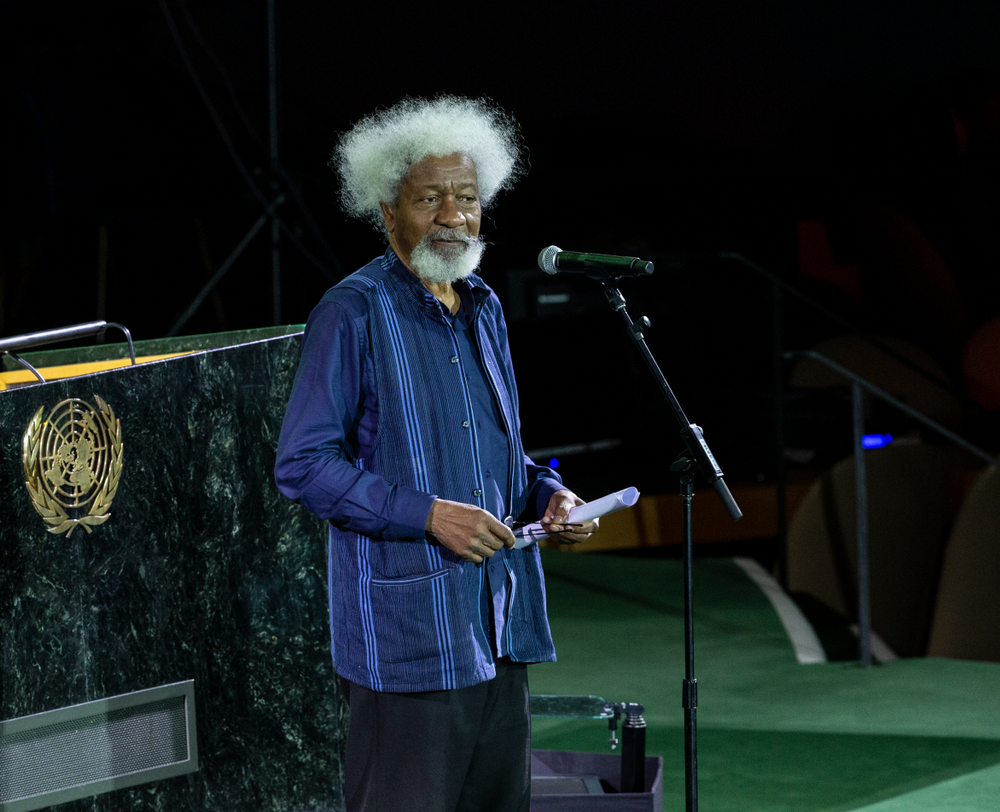
Wole Soyinka is known worldwide for literary works such as Chronicles from the Land of the Happiest People on Earth, Season of Anomy, The Road, A Dance of the Lions, The Beautification of Area Boy, and A Shuttle in the Crypt.
5. Looking Older People In The Eye Is Rude
Like most other African countries, it’s considered rude to stare at older people in Nigeria when conversing with them!
However, there are some exceptions to this rule. For example, if an elderly person is asking you for help, or an older kin is asking you about the welfare of your people, you can look them in the eye.
6. Over 250 Ethnic Groups Reside In Nigeria
Nigeria is home to over 250 ethnic groups, making it Africa’s most diverse country in ethnicity, language, and culture. The largest and most dominant groups are the Igbo, Hausa-Fulani, and Yoruba.
7. Nigeria Has The World’s Third Largest Mangrove Forests
Nigeria is home to the world’s second largest delta, the Niger Delta. The delta hosts 60% of the mangrove forests in Nigeria, which are the third largest worldwide and the largest in the African continent.
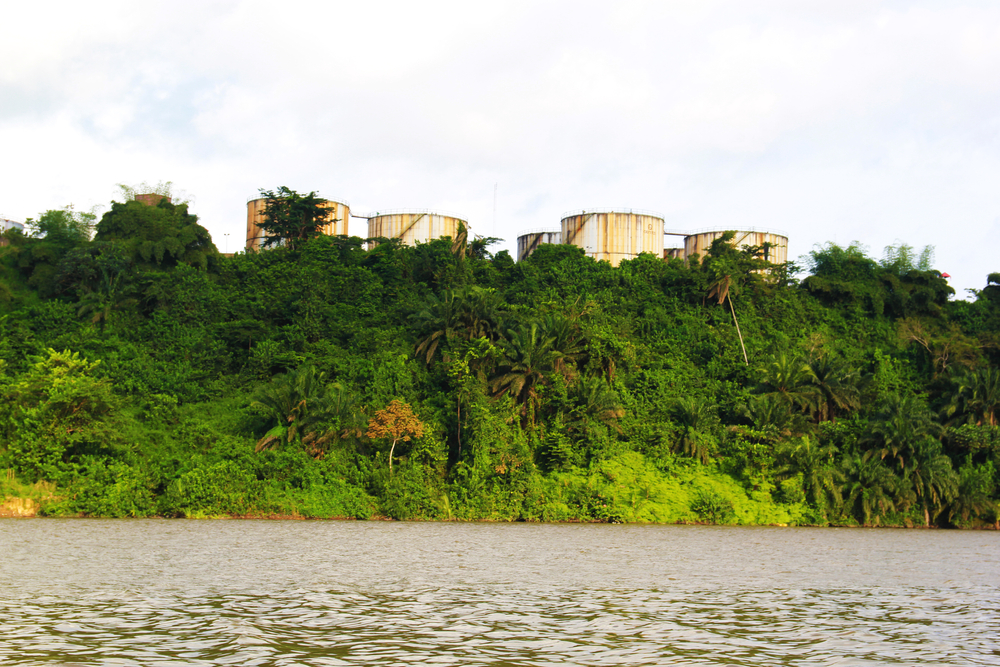
The Delta is also home to the world’s largest population of monotypic fish families.
8. The World’s Richest Black Person Hails From Nigeria
Aliko Dangote, one of Africa’s top industrialists, is the richest man in Nigeria, the richest in Africa, and the wealthiest black person in the world!
Born in Kano, Nigeria, to a wealthy family, Dangote has grown to an estimated net worth of $20.7 billion in August 2022 from investments in business sectors such as real estate, telecommunications, cement, steel manufacturing, oil, and sugar.
9. Nigeria Is On One Of The World’s Largest Coast Systems
Nigeria is geographically located on the West Coast of Africa, one of the world’s largest coast systems known for its unique islands and phytoplankton. The country’s coast is in the Gulf of Guinea, located in the northeastern part of the Atlantic Ocean.
Nigeria’s land borders include Chad and Cameroon to the east, Benin to the west, and Niger to the north.
10. The Nigerian Pound Preceded The Naira
Since Nigeria was a West African British Protectorate, the country’s official currency was the Nigerian pound until 31st December 1972, when the famous Nigerian Naira replaced it.
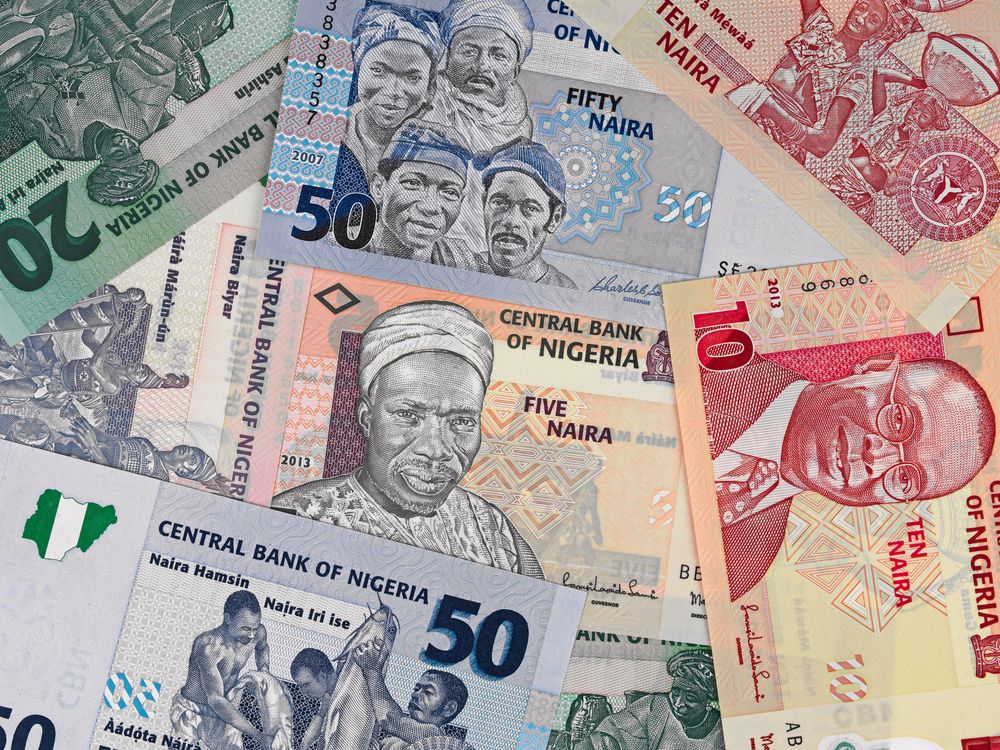
The name Naira was coined by Chief Obafemi Awolowo, a Federal Republic of Nigeria Commissioner of Finance, from the country’s name in honor of its freedom.
11. Crude Oil Accounts For Nearly 90% Of Nigeria’s Revenue
Nigeria has been Africa’s largest producer of oil until it recently lost its position in August of 2022 to Angola. As of 2020, Nigeria was the world’s 7th largest exporter of crude oil.
The country’s drop in oil production is attributed to rampant oil theft by Nigerians who say they steal crude oil from the country’s pipeline to benefit themselves in protest against some corrupt leaders.
12. Nollywood Produces More Movies Weekly Than Hollywood
According to the United Nations, Nigeria’s film industry, known widely as Nollywood, produced about 50 movies weekly in 2013, which was more than Hollywood produced weekly in the United States.
Nollywood’s weekly movie output is rated second after Bollywood, India’s thriving film industry.
13. Nigeria Is Divided Into Nearly Two Halves Based On Religion
Despite its high population, Nigeria is home to only two major religions. Christians dominate the southern part of the country, making up 45.9%, while Muslims come in at 53.5% as of 2018. The rest practice various traditional faiths.
14. Nigeria Is Africa’s Largest Economy
According to Statista.com, Nigeria had a Gross Domestic Product (GDP) of $441.5 billion in 2021, ranking the country as the towering economic giant of Africa, ahead of South Africa at $418 billion in the same parameter.
15. Most Of The World’s Yams Come From Nigeria
As the world’s largest producer of yams, Nigeria produces over 60% of all the yams in the world.
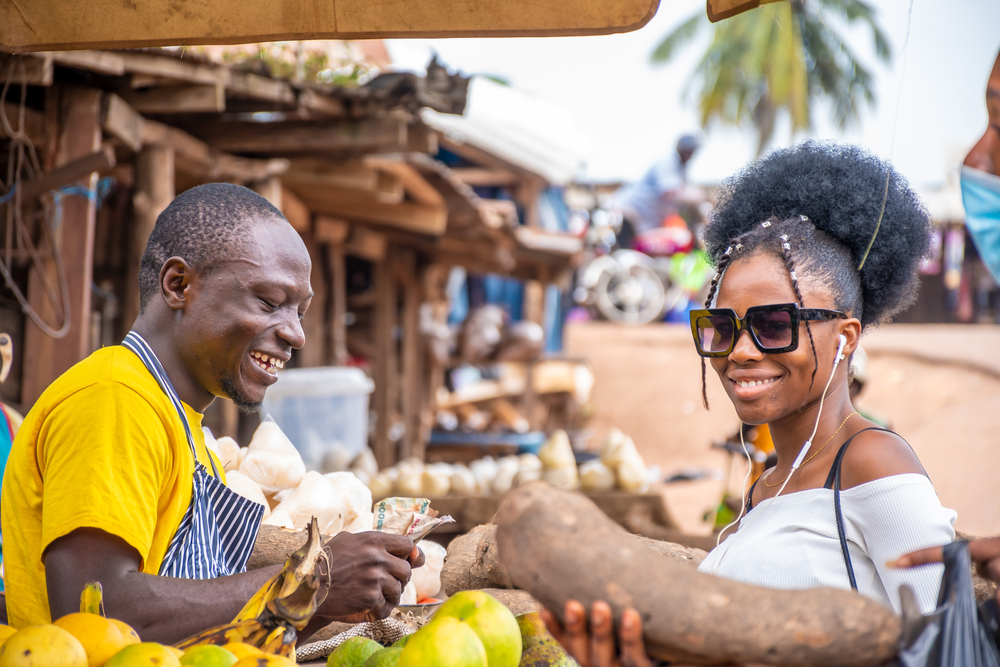
For the Yoruba and Igbo, yams symbolize hard work, prosperity, celebration, fertility, and wealth. Some yams, anyone?
16. The World’s Twin Capital
In the Nigerian state of Oyo is Igbo-Ora, a town nicknamed the World’s Twin Capital because of its high rate of twin births, estimated at 158 in every 1,000 births among the Yoruba.
17. Behold, The Mountain of Death
In the Fulfude language, Chappal Waddi means the Mountain of Death—nicknamed so because of the insurmountable valley found on the mountain’s Nigerian side.
Located in Taraba, Chappal Waddi is Nigeria’s highest point at 2,419 meters (7,936 feet).
18. Niger River Is Africa’s Third Longest
At about 4,184 kilometers (2,599 miles), the Niger River is Africa’s third longest river after the Congo River and the Nile. It is ranked the fifteenth longest river in the world, though there are varying views on the position, with some ranking it the eleventh, thirteenth, or fourteenth.

